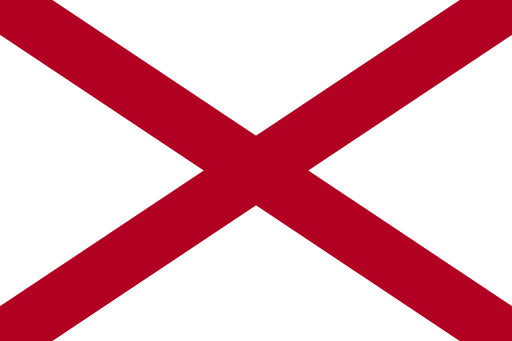On May 10, Alabama Governor Kay Ivey (R) signed SB 186 into law, banning the use of ranked-choice voting (RCV) in the state. The new law makes Alabama the eighth state to ban RCV and the third state to do so this year after Kentucky and Oklahoma. Every state that has passed a law banning RCV has done so with a Republican-controlled legislature, all since 2022.
SB 186 passed the Alabama State Senate by a unanimous voice vote on April 9. It passed the Alabama House of Representatives 74-28 on May 2, with all Democrats voting against the bill. The new law says: "Ranked-choice voting shall not be used in determining the election or nomination of any candidate to any local, state, or federal office," but makes an exception for military and overseas voters casting an absentee ballot. It takes effect on Oct. 1, 2024.
In a press release, Gov. Ivey said, "I am proud to sign this bill which takes another step towards ensuring the confidence in our elections. As our Secretary of State Wes Allen put it, ranked-choice voting makes winners out of losers. Not only is ranked-choice voting confusing to voters, it also limits their ability to directly elect the candidate of their choice. Voting should be simple, and this complicated and confusing method of voting has no place in Alabama’s elections."
Proponents of RCV argue that the electoral system reduces the cost of runoff elections, increases civility, and creates more representative electoral outcomes. For more arguments for and against RCV, click here.
Alabama joins Florida, Idaho, Kentucky, Montana, Oklahoma, South Dakota, and Tennessee as states that ban RCV. Besides Kentucky, each state banned RCV with a Republican trifecta in control of state government. In Kentucky, lawmakers overrode a veto by Gov. Andy Beshear (D) to adopt the ban.
Active bills that would ban RCV, or create a ballot question to do so, have passed one chamber of a legislature in five more states this year, including four states with Republican trifectas.
RCV is used for regular statewide elections in two states, Alaska and Maine, and for special congressional elections in Hawaii. Fourteen other states used ranked-choice voting in some local elections.
For more coverage of RCV legislation, check out our monthly report here.



